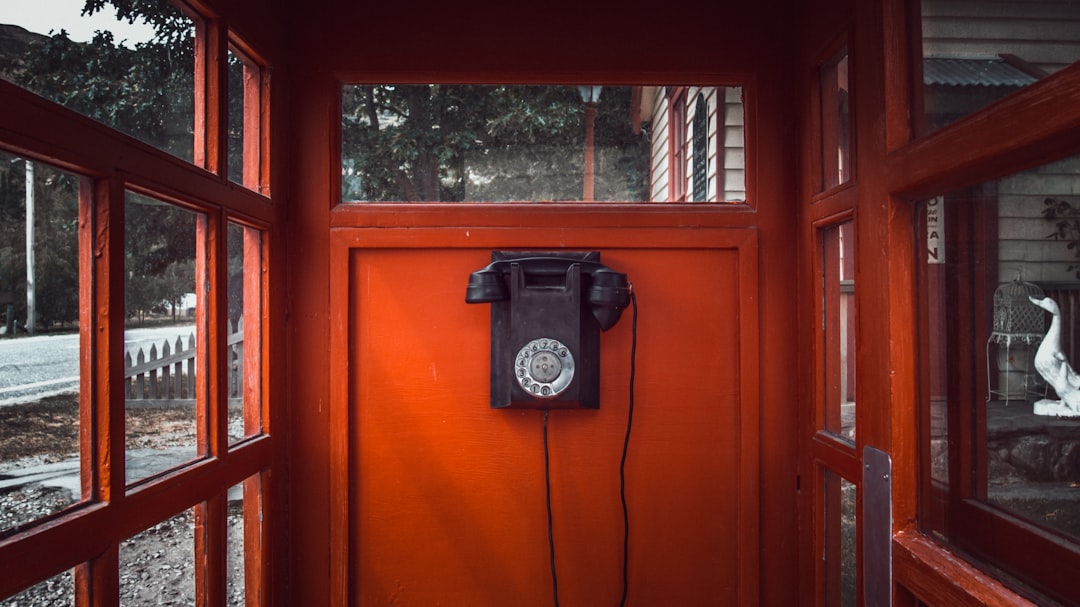Autodialing, while popular among Nebraska businesses for marketing, carries substantial legal risks if not governed properly. The state's autodialer law firm enforces the TCPA, dictating strict rules on automated calls including consent requirements and restrictions. Small businesses must understand these regulations to avoid hefty fines, reputational harm, and class-action lawsuits. Adhering to laws like Nebraska Revised Statutes (NRS) 84-1410 et seq., which regulate telemarketing practices, is essential. Engaging a reputable autodialer law firm in Nebraska can guide businesses through these regulations, ensuring legal compliance and avoiding misuse that can lead to significant penalties and lawsuits.
“In today’s digital age, small businesses in Nebraska are increasingly leveraging autodialing technologies for marketing purposes. However, navigating the legal risks associated with this practice is crucial. This comprehensive guide delves into the intricacies of autodialing regulations specific to Nebraska, shedding light on key statutory provisions and common misconceptions. By exploring real-world case studies, we offer invaluable insights and best practices for small businesses aiming to utilize autodialers effectively while mitigating potential legal pitfalls, with expert advice from a leading autodialer law firm in Nebraska.”
What is Autodialing and How Does it Impact Small Businesses in Nebraska?

Autodialing, a practice that involves using automated telephone dialing systems to make mass calls, has become a common marketing strategy for many businesses, including those in Nebraska. While it can be an efficient way to reach potential customers, it also presents significant legal risks for small business owners who are not properly informed. In the state of Nebraska, regulations surrounding autodialing, often enforced by an autodialer law firm, are designed to protect consumers from unwanted and intrusive telemarketing practices.
Small businesses utilizing autodialers need to understand these regulations to avoid legal repercussions. The Telephone Consumer Protection Act (TCPA) imposes strict rules on automated calling, including restrictions on the timing and frequency of calls, as well as requirements for obtaining prior consent from recipients. Violating these guidelines can result in substantial fines, damage to a business’s reputation, and potential class-action lawsuits. As such, Nebraska businesses must ensure they have the right processes and permissions in place when employing autodialing technologies to protect themselves and their customers.
Legal Framework Governing Autodialing in Nebraska: Key Statutory Provisions

In Nebraska, the legal framework governing autodialing is outlined in state laws and regulations that aim to protect consumers from unwanted phone calls. The key statutory provisions include the Nebraska Revised Statutes (NRS) 84-1410 et seq., which regulate telemarketing practices. These laws prohibit automated dialers from making calls unless the caller has obtained prior express consent from the recipient, ensuring compliance with privacy rights.
Additionally, the NRS includes strict guidelines on the use of prerecorded messages and automatic dialing systems. Violations can lead to significant fines and legal repercussions for Nebraska’s small businesses using autodialers without proper authorization. Engaging a reputable autodialer law firm in Nebraska is advisable to navigate these regulations effectively and avoid potential legal risks associated with improper autodialing practices.
Common Misconceptions About Autodialer Usage and Their Legal Ramifications

Many small businesses in Nebraska operate under misconceptions regarding the legal risks associated with autodialers, often using them without proper understanding or consent from their customers. One common misunderstanding is that autodialers are inherently illegal, which isn’t always true—when used responsibly and within certain guidelines, these tools can be perfectly lawful. However, misusing an autodialer can lead to significant legal repercussions, including fines and lawsuits.
For instance, Nebraska’s laws on telemarketing and automated calls provide a framework that businesses must adhere to. Using autodialers without prior express consent from the caller, or for purposes not permitted by law, can result in violations. Additionally, failure to implement do-not-call lists or ensure proper disclosures during calls can expose businesses to legal challenges. It’s crucial for Nebraska’s small business owners to consult with an autodialer law firm to understand and comply with these regulations, thereby avoiding potential pitfalls and ensuring their practices remain within the legal bounds.
Case Studies: Exploring Autodialing Disputes and Their Outcomes

In Nebraska, as in many states, the use of autodialers for marketing purposes has sparked legal disputes, offering valuable case studies for small businesses navigating this technology. These cases highlight the importance of understanding the legal risks associated with autodialing. For instance, a recent dispute involved a local business using an autodialer to contact potential customers, leading to multiple complaints about unwanted calls. The case settled out of court, with the business agreeing to implement stricter call management procedures and pay fines to resolve allegations of violating consumer protection laws.
Another notable example saw a Nebraska-based autodialer law firm representing a small retail chain in a lawsuit against a third-party marketing company. The issue centered around unauthorized use of predictive dialers, leading to a significant fine and a court-ordered injunction. This case underscores the potential consequences for businesses that fail to adhere to regulations surrounding autodialing practices. These real-world scenarios serve as reminders for Nebraska’s small businesses to consult with legal experts specializing in autodialer laws to ensure compliance and mitigate risks effectively.
Navigating the Risks: Best Practices for Small Businesses in Nebraska

Navigating the Risks: Best Practices for Small Businesses in Nebraska
In Nebraska, the use of autodialers—software that automatically dials phone numbers—carries significant legal risks. Without proper safeguards, small businesses can face hefty fines and damage to their reputation. The primary concern lies in compliance with the Telephone Consumer Protection Act (TCPA), which restricts automated calls and text messages for marketing purposes. Businesses must ensure they obtain explicit consent from recipients before initiating such communications.
To mitigate these risks, Nebraska’s small businesses should adopt best practices, including implementing robust opt-out mechanisms, maintaining detailed records of customer consent, and training staff on TCPA guidelines. Additionally, consulting with a reputable autodialer law firm in Nebraska can provide valuable insights into navigating complex regulations, ensuring compliance, and avoiding costly legal pitfalls.






